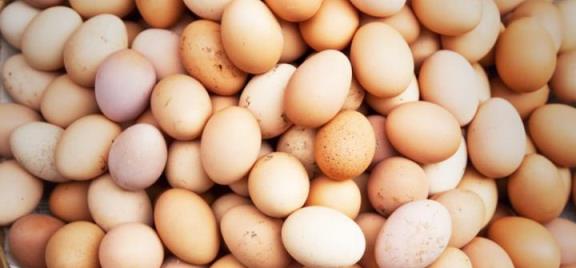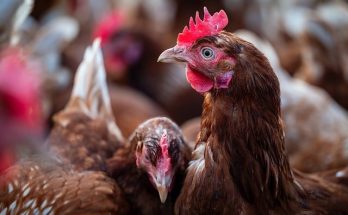Price uniformity may not be sustainable in table egg marketing in Nigeria because different producers who access the same market operate on different cost structures.
The poultry egg markets is almost an oligopoly market characterized by various cost structure and subsequently, various profit margins. It has some levels of similarities with oil market oligopoly (OPEC). Unfortunately, producers of poultry egg cannot regulate members holdings whilst cannot guarantee a common cost structure of the various factors of production, hence the association’s problem of successfully fixing price of eggs.
The major characteristics of the oligopoly industry are interdependence advertisement, group behaviour, lack of uniformity and no unique pattern or attitude for price negotiation. The most critical of these characteristics is competition.
The best method of egg glut control in the market is using the 4Ps (Place, Promotion, Product, and Price) of the market variables. This is best achieved through channel management viz; how egg distribution is managed in the country or in respective region.
This management is relevant because price is a function of demand and supply of a product, so in Nigeria today, there are some regions where we have high demand for eggs but then, the supply is limited. Examples of such regions are the likes of South-South regions and the far Northern regions of Nigeria. Also there are some areas where supplies are concentrated with occasional shortfalls in demand like in the South West of Nigeria. In these areas, occasional egg glut do occur.
How then do you manage glut under these scenarios? One major way is to have long channel distribution and not to concentrate on consumers in producers’ locality alone, a situation referred to as short channel management in egg marketing strategy.
Many times when a farmer complains of poor demand of egg in Ibadan, He should be aware that there is usually a high demand in other regions like Uyo, Port Harcourt and Yola.
Poultry farmers need to come out from their risk aversion mentality in egg marketing by ensuring that eggs produced in Ikare (Western region) can possibly end up on the consumers table in Daura (|Northern region).
This is the area where poultry as an oligopoly market should improve their strength rather that the union of controlling price. Price uniformity may not be sustainable in table egg marketing in Nigeria because different producers who access the same market operate on different cost structures.
LIFA is proactive in educating poultry farmers on egg glut management so as to ensure farmers profitability. LIFA is also interested in your opinion and or comment concerning this article. We are available for collaborations in the areas that requires education, research, training and advocacy.




